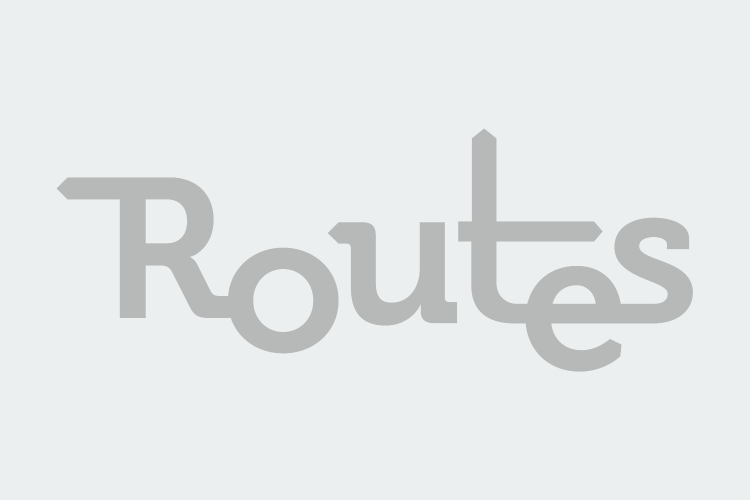‘Helping people is like putting together a puzzle’

Dwight Snowshoe talks about his work at WCC and the things that motivate him to make change for the future
MY NAME IS DWIGHT SNOWSHOE. I am a Tetlit Gwich’in from Fort McPherson, Northwest Territories. I have been living in Yukon for the past seven years and I currently work as a Transition Support Worker at Yukon College.
I spend a lot of time at the WCC –Whitehorse Correctional Centre – and I help people make transitions to education.
My main focus is helping Indigenous youth aged 15 to 35, but I wouldn’t turn anybody away if they need support.
I help with things like transportation. I give advice, and I help fill out paperwork and forms. If they have spent time in the facility, I try to give them a head start when
they get out.
I come from a community of 800. When you grow up in a small community, you see first-hand all the things that people struggle with, from education to addictions to employment.
When I first came to Yukon College to study, my academic level was so low that they were trying to put me in the lowest courses that even I didn’t want to take.
When I did my assessment tests, I told them that I had plans and I was going to challenge myself from day one. Even though I graduated from high school, it took two years of upgrading before I could get into a degree program.
Coming from a community of 800 to even a small city like Whitehorse was still a culture shock for me, and a lot of people don’t last. My eyes are open to the challenges.
I have two daughters and they are my motivation. When my first girl was born, we really had nothing. I told myself I have to do something with my life. I want my daughter’s standards to be high and I think that’s what we have to tell our youth today.
We have to tell them: You’re going to be someone.
In May 2017, I graduated with my Bachelor of Education degree and I started looking for work. My plan was to be in the classroom, but this opportunity came up and I sort of went with it. It’s not easy, but I feel fortunate to be in the position I am in now.
I do want to make a difference. I do know about the social issues that can be present amongst First Nations groups and communities. We do struggle.
I want to see how we can make it better for future generations. I know it’s not going to happen instantly, but I think that over time we could make a positive change.
When you sit down with people and you start to talk about a lot of the problems that people have, a lot of it is alcohol and drug addictions. They battle with their own inner demons. They want to go to school and pursue education, and I tell them: you have to focus on yourself first.
Helping people is like putting together a puzzle. A lot of pieces need to fit together for a transition to work. Someone could be released on September 15, but they wanted to go to school on September 1.
They’re already two weeks behind and missed the deadline, so what’s going to happen to them from September to January?
We develop a plan that supports them and a plan that goes beyond education. We deal with the social issues too.
We also give them a boost of confidence. A lot of people lack confidence and I think that’s what stops them from leaving their communities and pursuing schooling. They just don’t think they can do it and you can’t blame them. We have to do a better job of setting up our youth for success.
Every day I show up and I really get a sense as to why the success rate is so low with Indigenous people. There are a lot of challenges that make it difficult to succeed.
This is a new position and we’re learning along the way. I think this is needed and we will continue to come up with new ways to help people transition out of WCC.
It’s a long journey, but I do think that in five years or ten years, we’ll start seeing a difference in the communities.